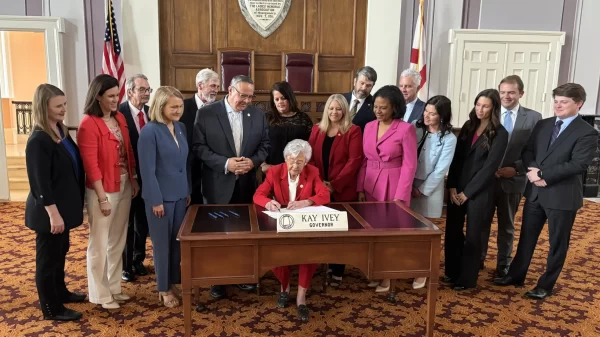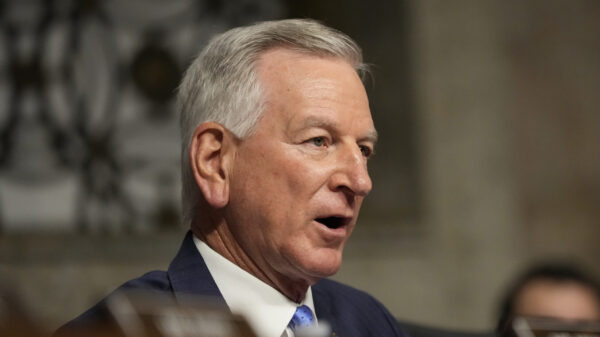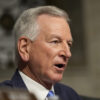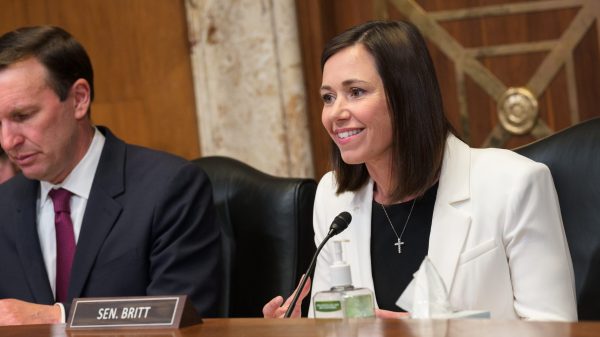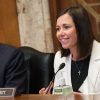By Brandon Moseley
Alabama Political Reporter
US Senator Richard Shelby (R) from Alabama questioned Federal Reserve and banking regulators from the Federal Reserve, the OCC and the FDIC about their proposed rules to implement the Basel III international accord.
Sen. Shelby said, “The primary goal of Basel III is to strengthen bank capital requirements. This is a worthy goal as strong capital requirements are essential for a safe and sound banking system and to protect against taxpayer-funded bailouts. Unfortunately, one of the clear lessons of the financial crisis is that bank regulators set capital requirements too low. In their proposals, the Agencies themselves admit that when the crisis came, “the amount of high-quality capital held by banks globally was insufficient to absorb losses.” As a result, taxpayers were called upon to bail out our banks and our economy suffered its worst crisis since the Great Depression.”
Sen. Shelby said, “Weeks ago, I wrote to the Agencies, asking them to publicly release detailed estimates on how capital levels will change for U.S banks under Basel III, how the Agencies determined that those levels will leave the U.S. banking system well-capitalized, and what will be the compliance costs. These are basic questions that should be publicly answered before this rulemaking proceeds. I don’t believe that it will surprise anyone to learn that the Agencies finally responded to my letter late yesterday. Unfortunately, their response relies largely on studies by the Basel Committee, which use data only from the very largest banks. For example, one key study included data from only 13 U.S. banks.”
Sen. Shelby said, “The Basel Committee’s quantitative impact study aggregates country results. It does not specifically show how Basel III will impact the U.S. Even more troubling, the Agencies state that they believe Basel III is appropriate based on the losses experienced by U.S. banks, but they do not provide data to support this conclusion. It is time that our banking regulators stop outsourcing their economic analysis to the Basel Committee and start doing their own work. They need to determine how Basel III will impact our diverse and unique banking system and the overall U.S. economy. They also need to end their cloistered approach to rulemaking.”
Sen. Shelby said, “The public has the right to know the consequences of adopting Basel III, including how it will likely impact the stability of the U.S. banking system, economic growth in the U.S., and the ability of American consumers to obtain loans. The public’s right to know is even more pronounced given the Agencies’ failure to properly set capital requirements before the crisis. Moreover, there are growing doubts about Basel III’s model-based approach to setting capital requirements.
Many commentators and even some regulators are concerned that the Basel III models are too complex and inaccurate to be relied upon. If the Agencies want the public to have confidence in Basel III, they need to make their case publicly. Finally, by omitting key data and analysis from this important rulemaking, the Agencies also are undermining the ability of Congress to hold the Agencies accountable.”
Basel III is a global regulatory standard on bank capital adequacy, stress testing and market liquidity risk set by the members of the international Basel Committee on Banking Supervision in 2010-11, and scheduled to be introduced from 2013 until 2018. The US Federal Reserve announced in December 2011 that it would implement almost all of the Basel III rules.
The Basel Committee on Banking Supervision (BCBS) is a committee of banking supervisory authorities based in Basel, Switzerland. The Committee’s members come from Argentina, Australia, Belgium, Brazil, Canada, China, France, Germany, Hong Kong SAR, India, Indonesia, Italy, Japan, Korea, Luxembourg, Mexico, the Netherlands, Russia, Saudi Arabia, Singapore, South Africa, Spain, Sweden, Switzerland, Turkey, the United Kingdom and the United States.
Basel III raises the minimum common equity requirement from 2 to 4.5%, raises the common equity requirement to 7%, sets higher capital requirements for trading, derivatives, and securitization, and sets a countercyclical buffer in the range of 0 to 2.5% of common equity. Banks will have to keep much higher liquid reserves on hand to meet these requirements. Critics of these changes worry that higher reserve requirements will mean less capital available for lending and could worse an already sluggish global economy.















